Rita Ackermann left Budapest nearly twenty years ago to move to New York City, where she has lived and worked ever since. Following two years of training in painting at the Hungarian Academy of Fine Arts, she decided to leave for the United States, as she sought a more intense encounter with the various forms and cross-references of the visual arts, pointing beyond the narrow and constricted genre definition prevailing in Hungary at the time.
With a grant from the Hanes Foundation, Ackermann studied for a year at the New York Studio School of Painting, Drawing & Sculpture. Within a short span of time, her art rooted itself in the nineties' cultural milieu of New York and its emerging new tendencies. A characteristic approach to art within the enfant terrible atmosphere of the time (Larry Clark-Kids, Harmony Korine-Gummo, Sonic Youth, Karen Kilimnik, Mike Kelly-Destroy All Monsters, and the Bernadette Corporation) was a preference for mixing fashion, music and the most diverse forms of visual art, blending their languages, means and modes of expression, transgressing the traditional genre delimitations. Her early works already attested to a spirit of de/reconstruction, striving to blend the diverse media of art with an unorthodox approach to forms and systems, most often combining the construction method of collages with the free system-developing mode of drawings. These early works, primarily drawings and collages, are calligraphic and poetic pieces evocative of improvisation, which focus on questions pertaining to her own environment, as well as tackling the personal and collective problems of so-called youth culture, including issues of sexuality and drugs. Questioning positions of power, and touching upon feelings of uncertainty, they carry on a contemplative pursuit of fate.
Evolving from within, yet multidimensionally inspired and expanding, this style, built upon the ruins of self-destruction, has continued to prevail in Ackermann's opus all the way up till 2010, as can be clearly observed throughout the exhibition. Her new works from the past year, Fire by Days, a highly distilled series of pictures based on two colours and a single composition, will be presented to the public for the first time here in Budapest.
Rita Ackermann’s works have been featured at numerous solo and group shows in both the United States and Europe. In 2008 she was invited to participate in the Whitney Biennial, and in 2009 she spent several months in Marfa (Texas) within the framework of the Chinati Foundation’s artist-in-residence program. In 2010 she began editing a several hundred page monograph with Rizzoli, which appeared in September this year, and will be available for purchase at the museum on the occasion of the exhibition.
The Ludwig Museum presents Rita Ackermann’s solo show as part of its series featuring Hungarian artists and artists of Hungarian origin whose works are less known in their native country. Rita Ackermann's exhibition in Budapest is centred around her work of the last three years, including paintings, drawings, prints and videos, as well as all of the material she produced most recently during the Marfa/Chinati artist-in-residence program, which marks a milestone in the artist's career.
The exhibition is being accompanied by a series of film screenings, seeking to afford an insight into the spirit of an era that had a crucial influence on the New York-based artist’s career in the late 1980s and 90s, and that has continued to colour the development of her work today.
The exhibition is curated by Kata Oltai.
Download the exhibition brochure: BAKOS. Rita Ackermann
Related literature
Street and Studio. From Basquiat to Séripop
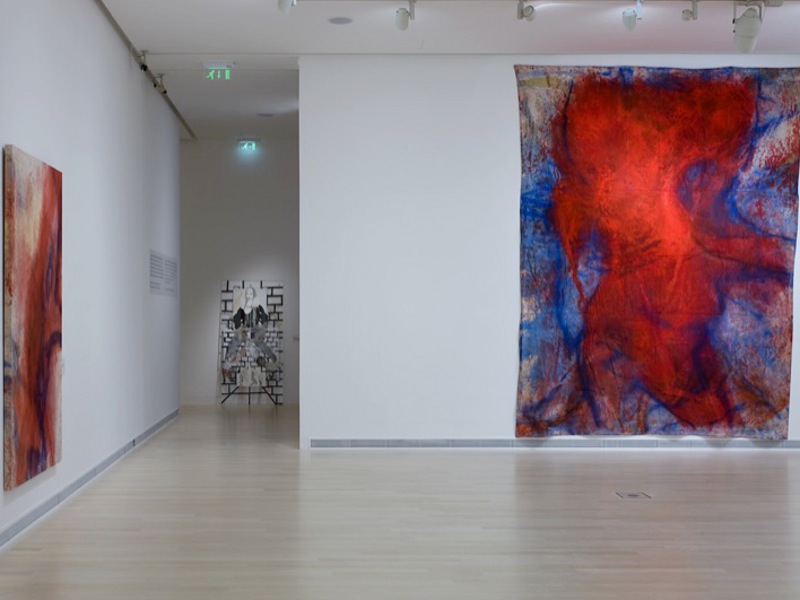
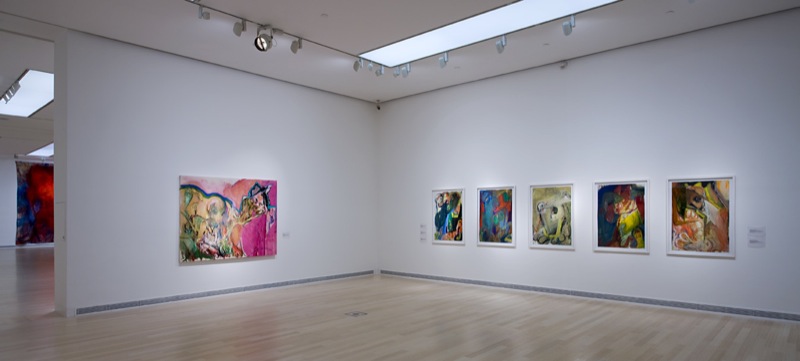
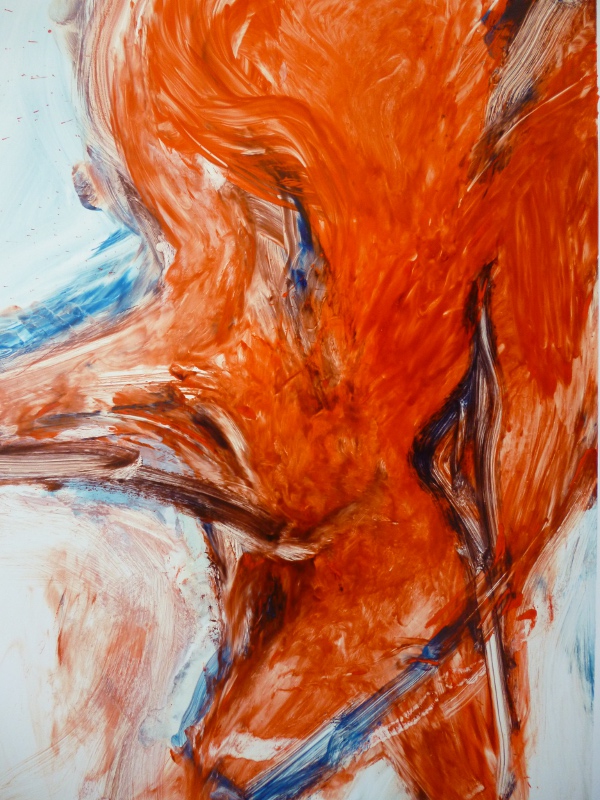
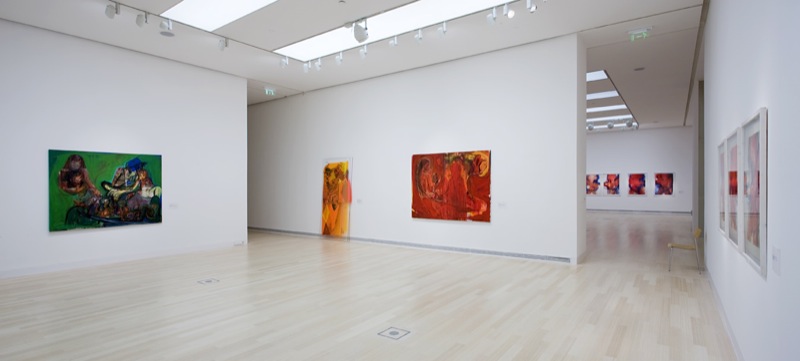
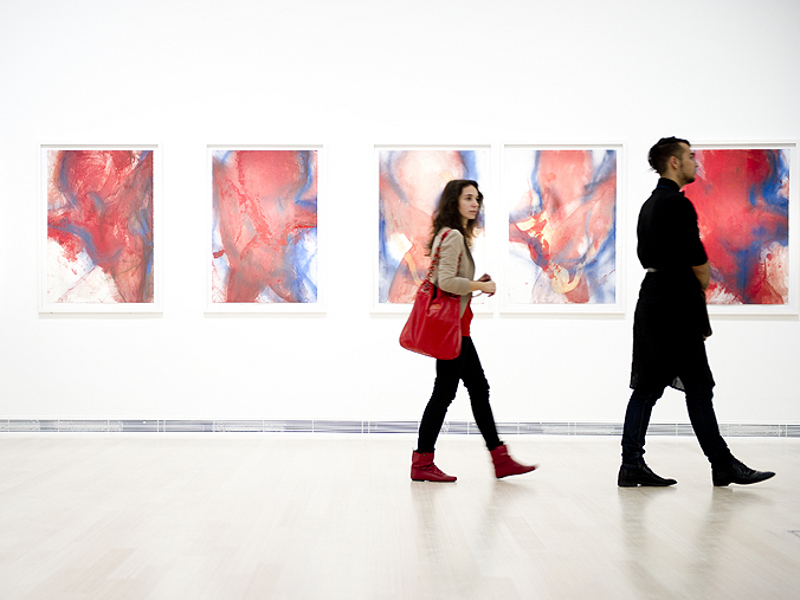
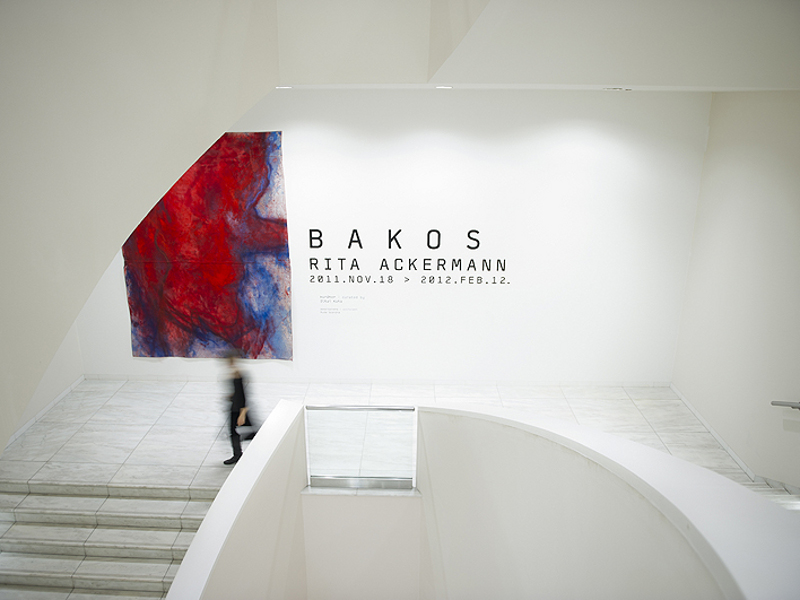
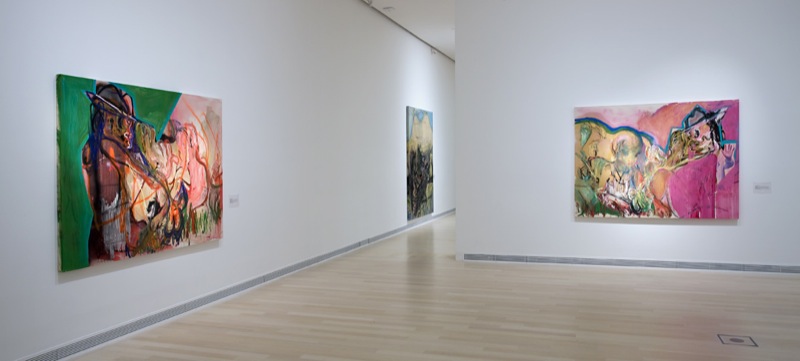
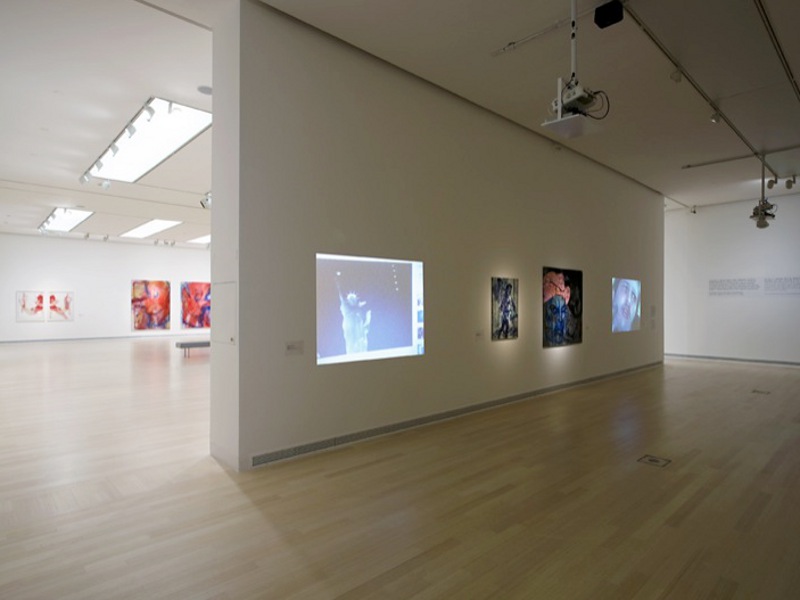
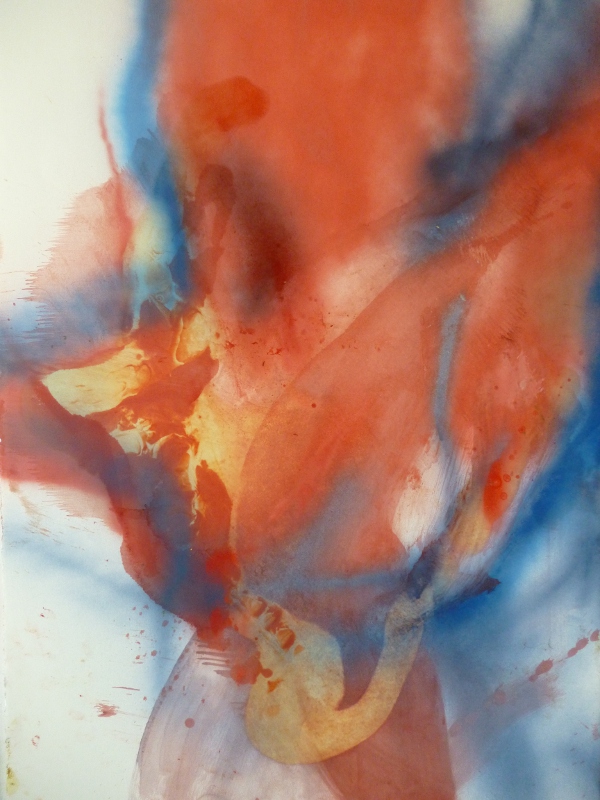
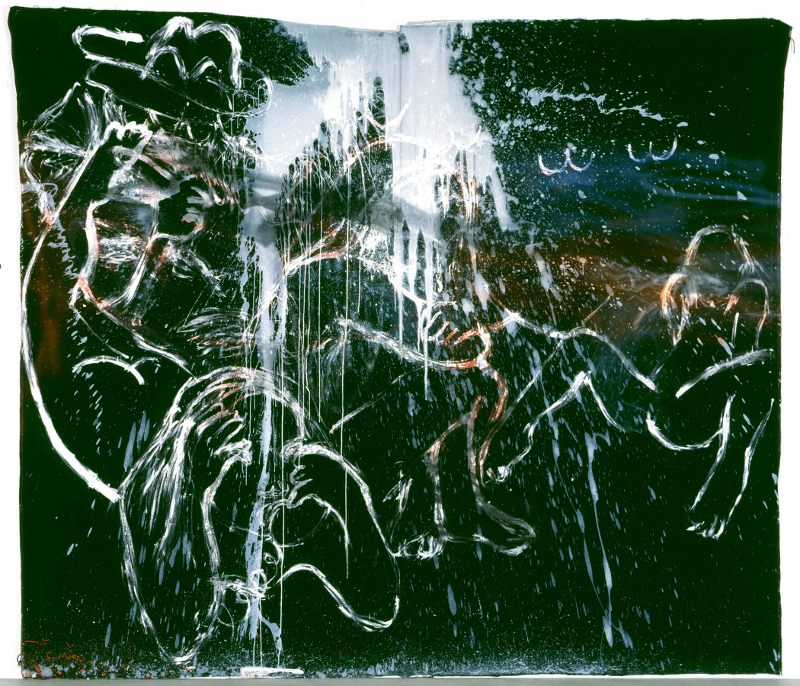
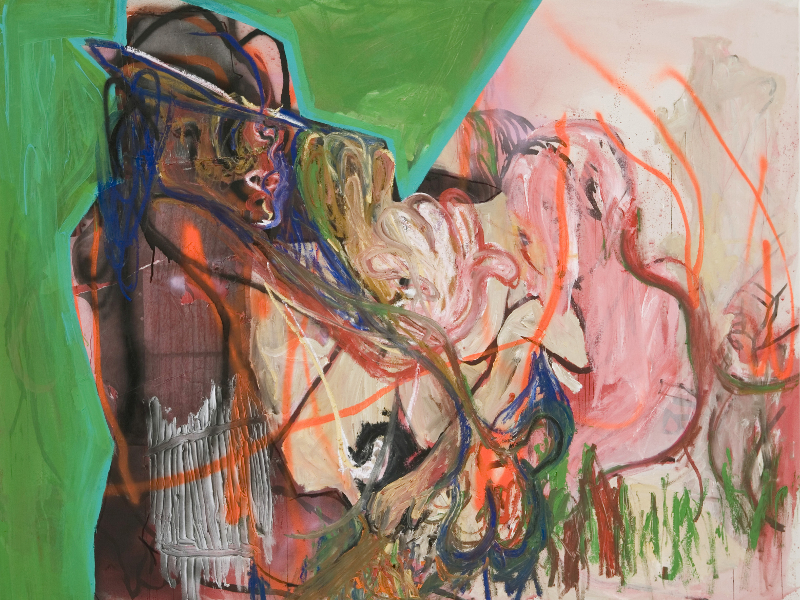
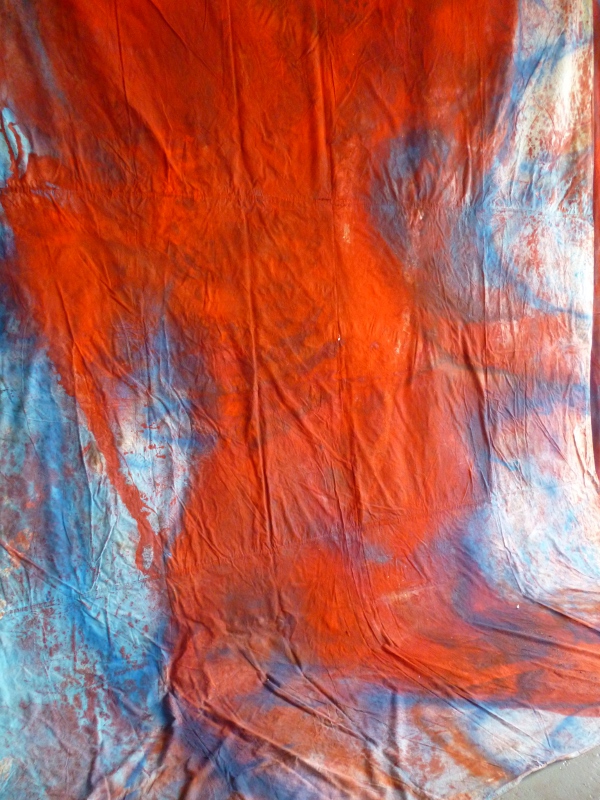
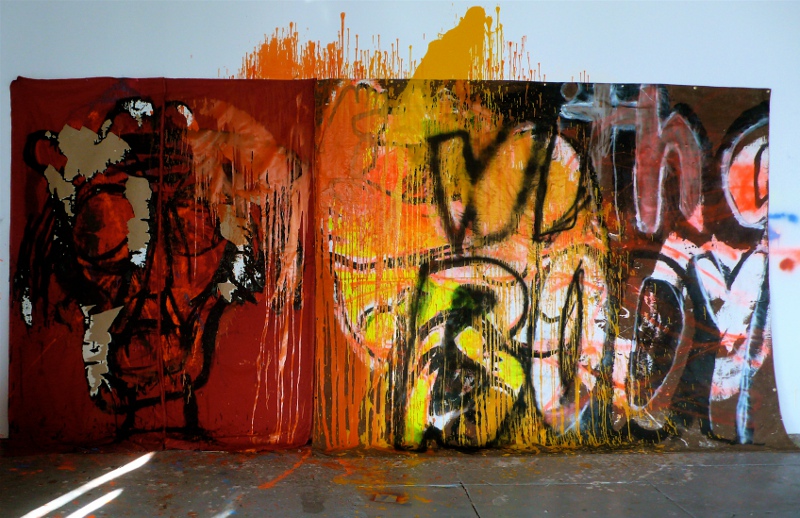
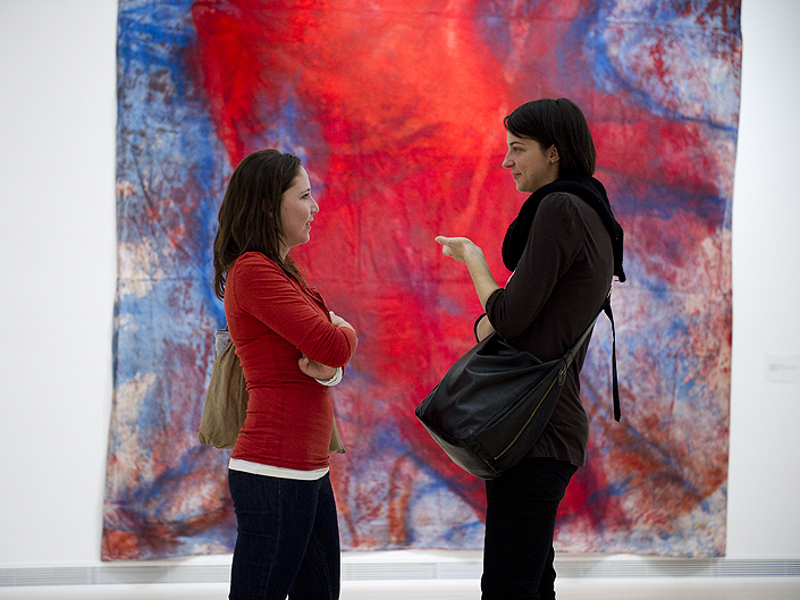
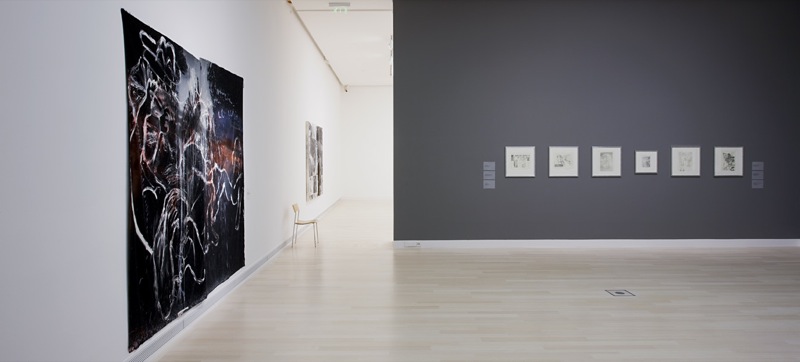
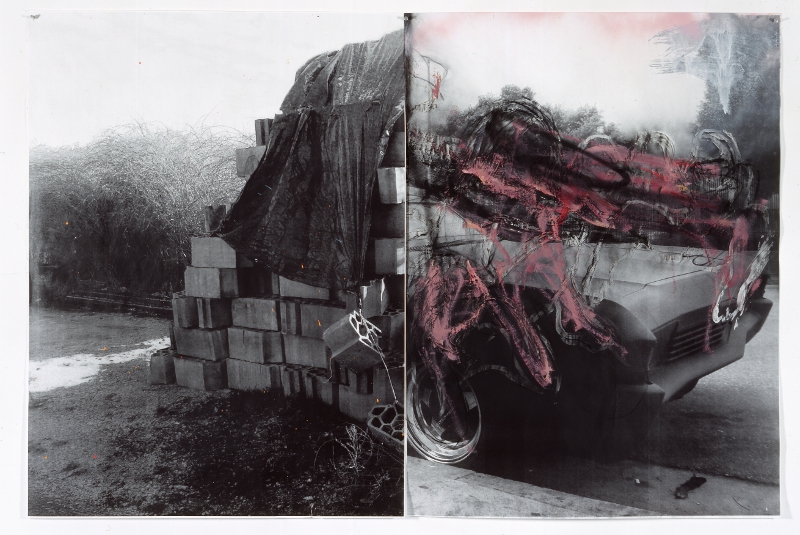

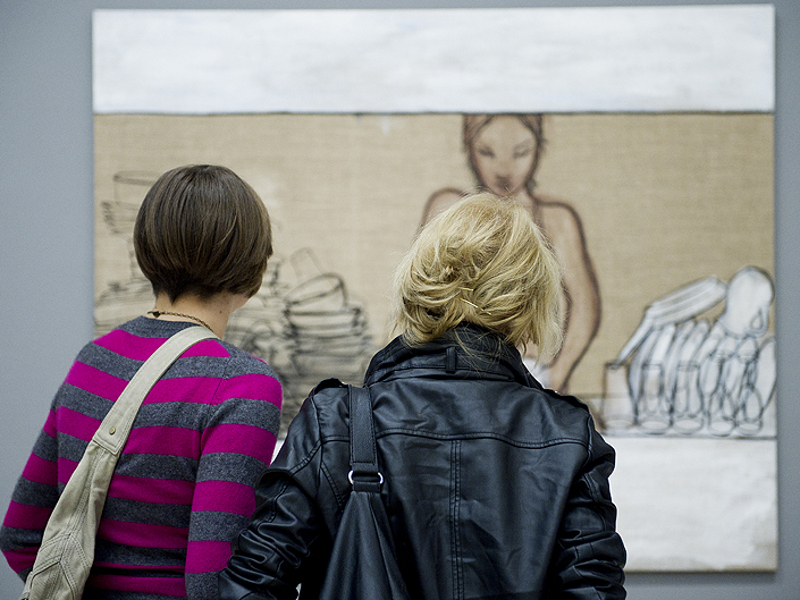
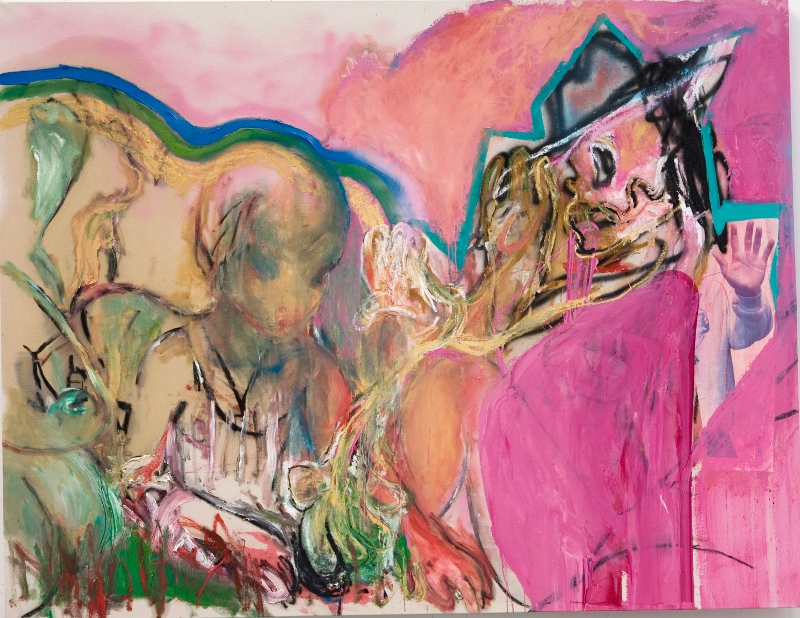
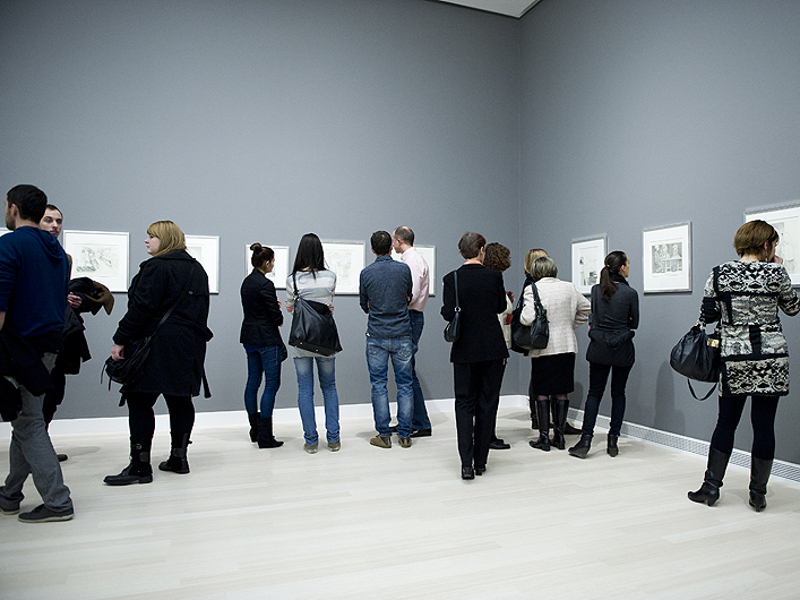
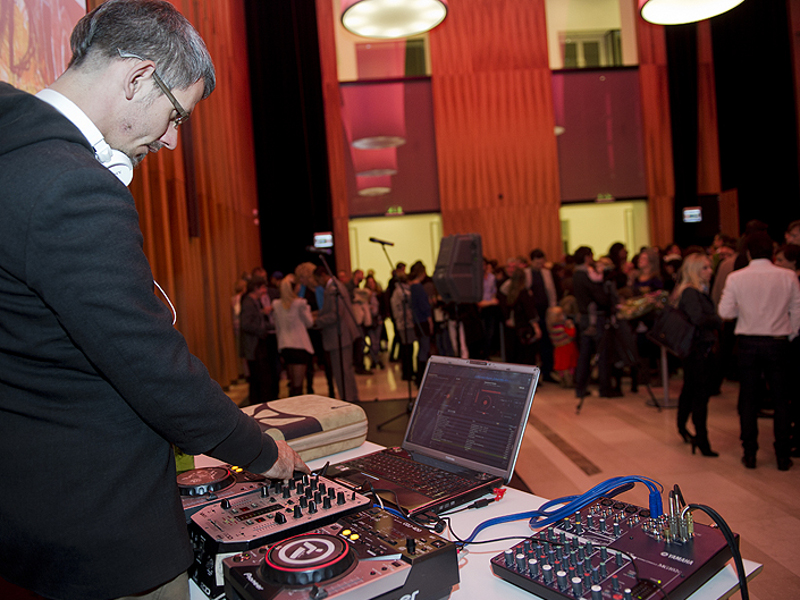
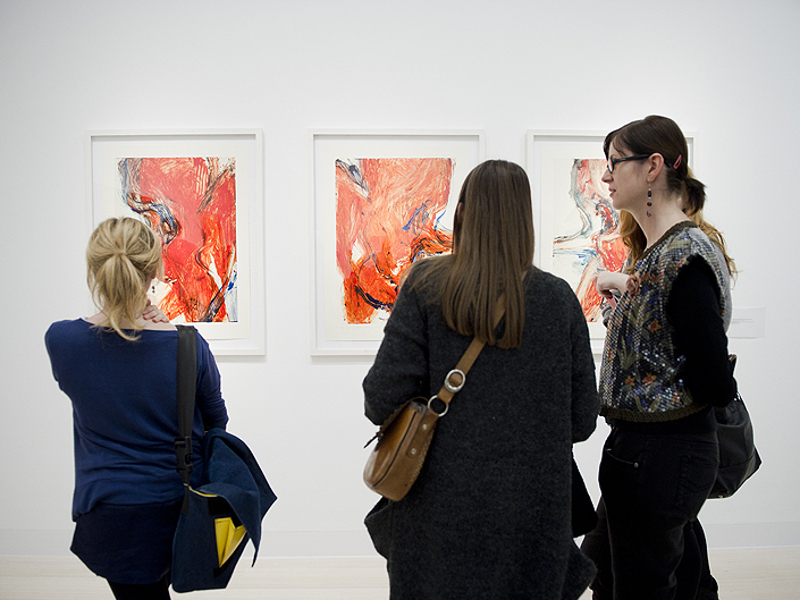
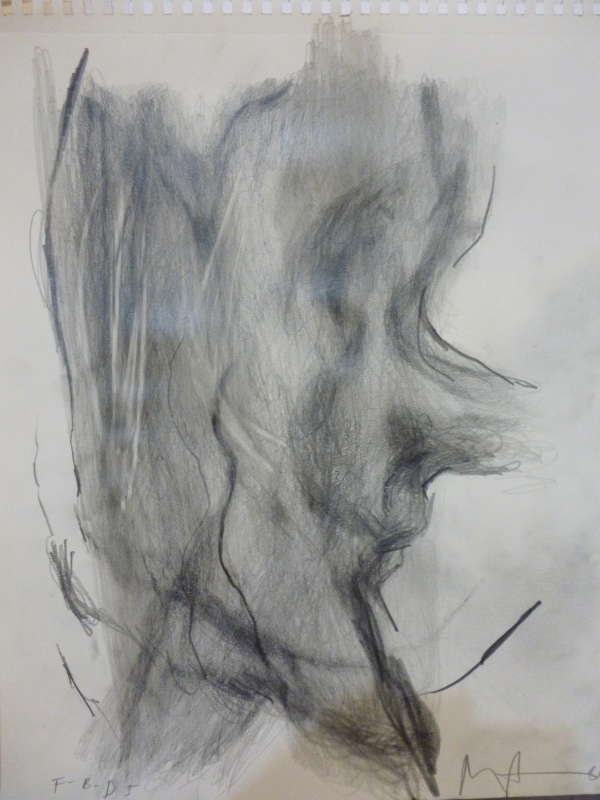
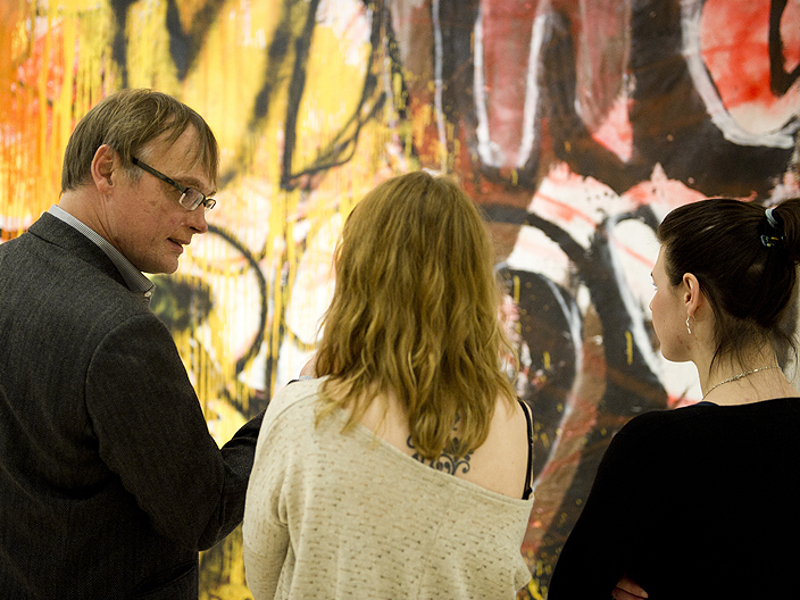
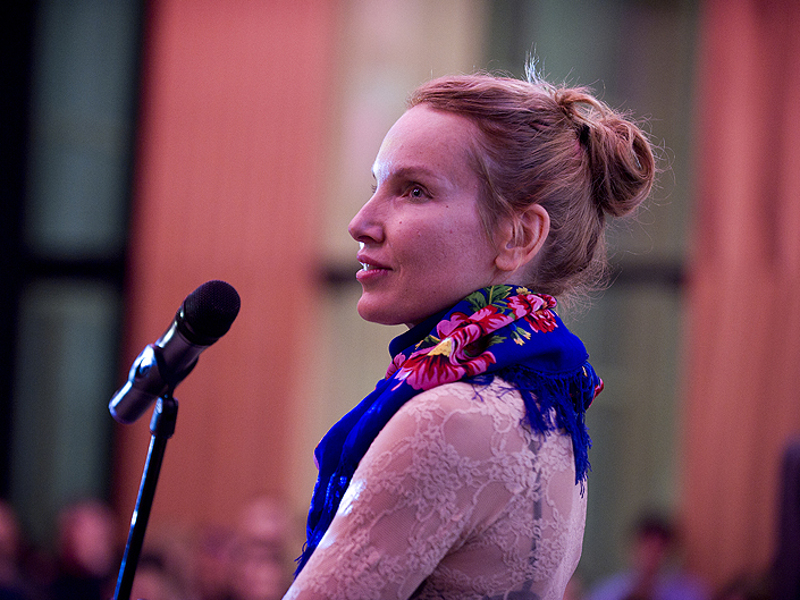
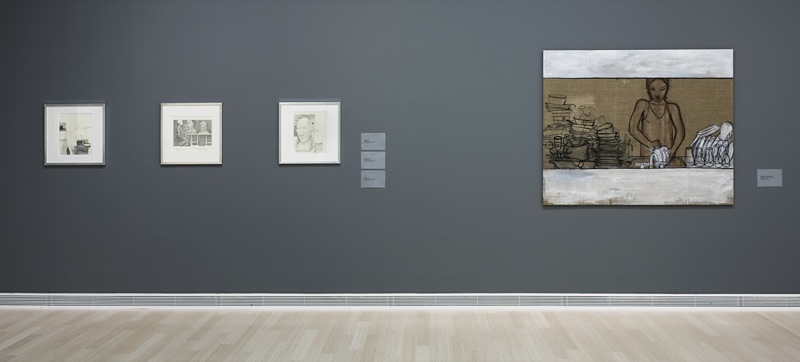
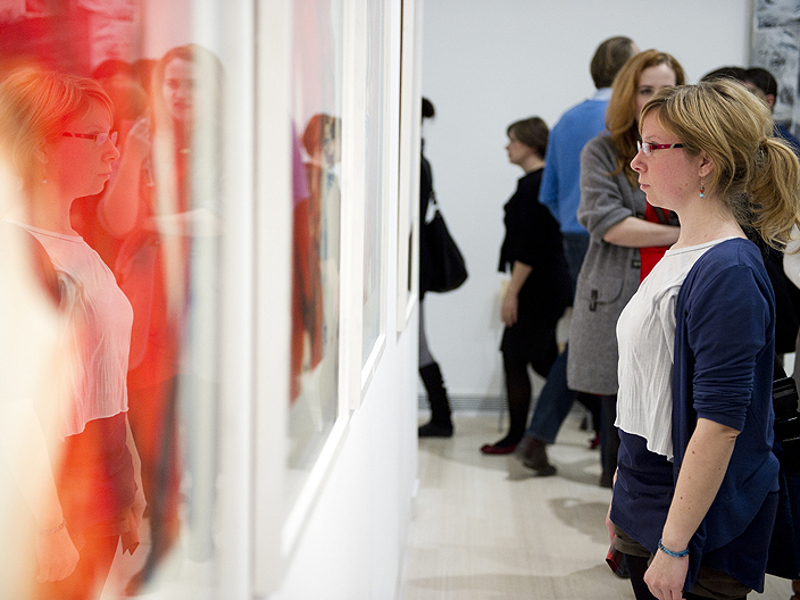
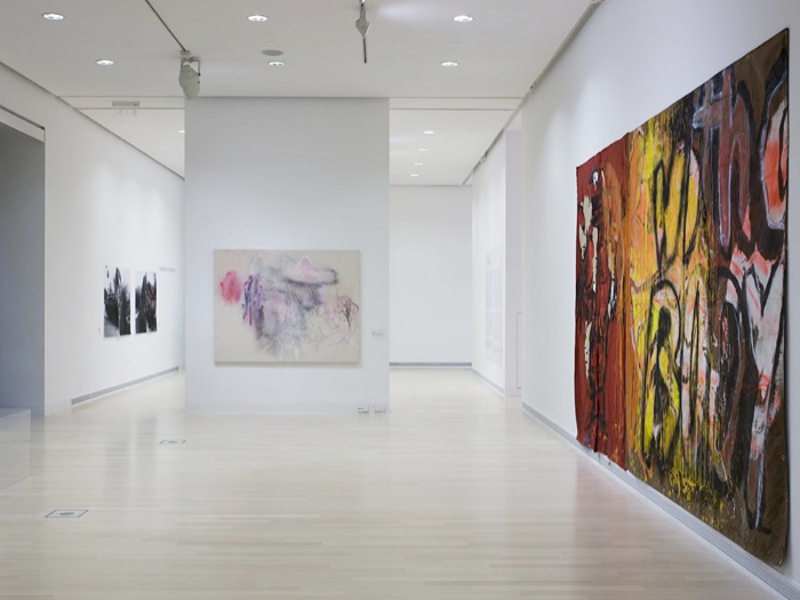
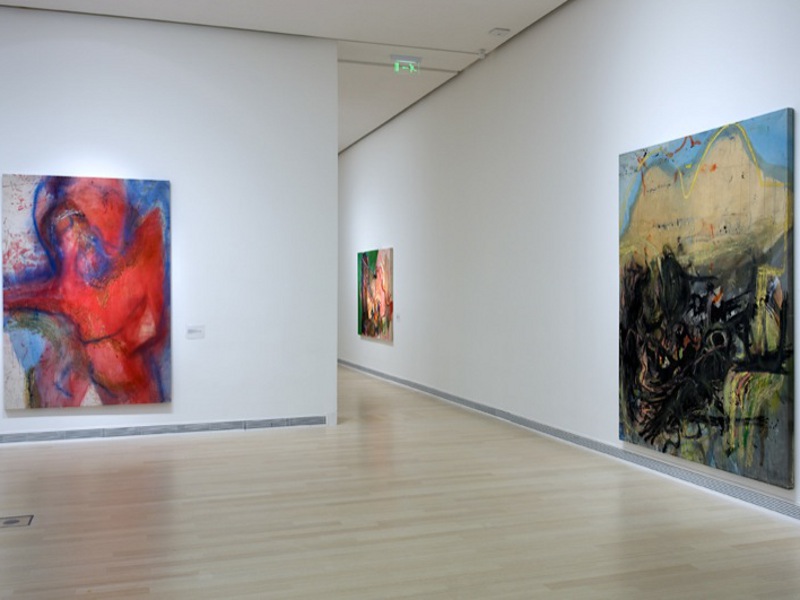
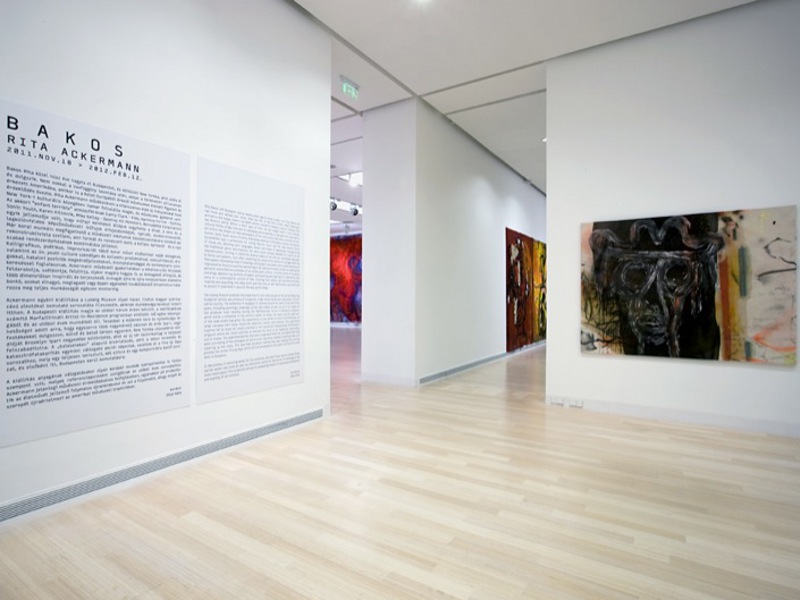
Related contents
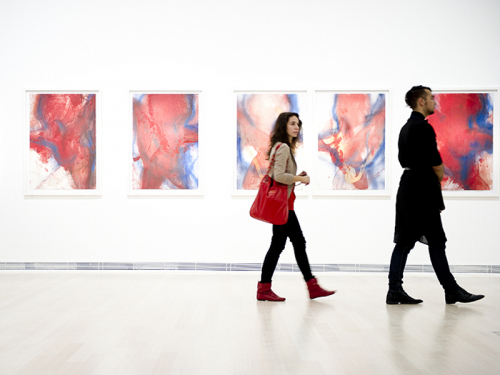
Guided Tour in Hungarian: Rita Ackermann 18. March, 2012, 00:00–00:00
Guided tour in Hungarian in the BAKOS. Rita Ackermann exhibition.
Sundays at 16.00.
Admission with a valid exhibition ticket.
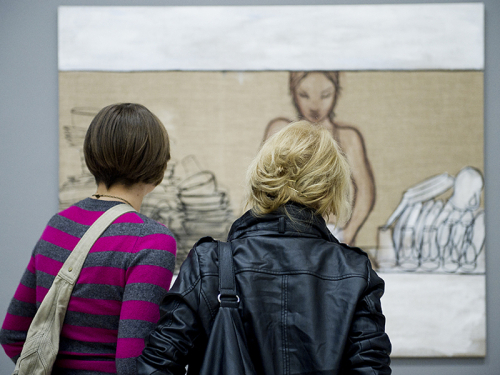
Through the Artist`s Eye: BAKOS. Rita Ackermann 17. March, 2012, 00:00–00:00
Exclusive guided tour in the Rita Ackermann exhibition with the Hungarian artist Kriszta x-T Nagy.
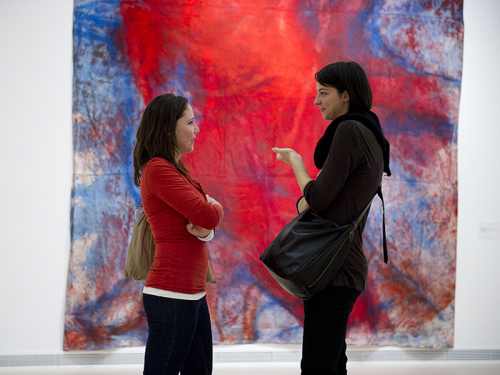
Guided Tour in Hungarian: Rita Ackermann 11. March, 2012, 00:00–00:00
Guided tour in Hungarian in the BAKOS. Rita Ackermann exhibition.
Sundays at 16.00.
Admission with a valid exhibition ticket.
Bernadette Corporation - Get Rid of Yourself 10. March, 2012, 00:00–00:00
Film screening in connection with the Rita Ackermann exhibition.
Introduction by Gábor Fabricius.
Bernadette Corporation Get Rid of Yourself 61 min.,
Language: English
Admission free with a valid exhibition ticket.

Guided Tour in Hungarian: Rita Ackermann 4. March, 2012, 00:00–00:00
Guided tour in Hungarian in the BAKOS. Rita Ackermann exhibition.
Sundays at 16.00.
Admission with a valid exhibition ticket.
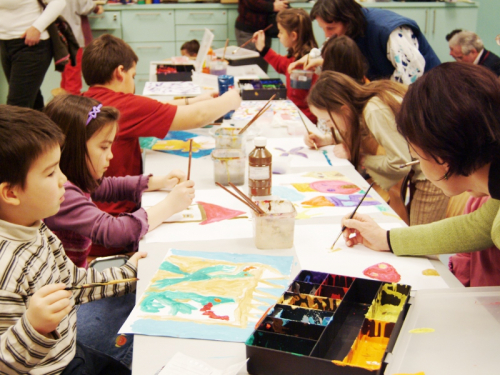
Family Matinee: Me in the picture 3. March, 2012, 00:00–00:00
Creative session for children in connection with the BAKOS. Rita Ackermann exhibition.
No booking required.
Admission with a 600 HUF Programme ticket.
Language: Hungarian

Guided Tour in Hungarian: Rita Ackermann 26. February, 2012, 00:00–00:00
Guided tour in Hungarian in the BAKOS. Rita Ackermann exhibition.
Sundays at 16.00.
Admission with a valid exhibition ticket.
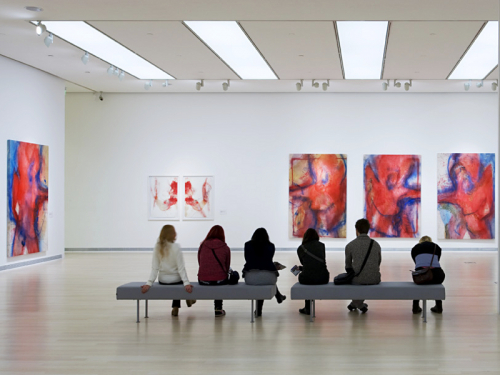
Through the Artist`s Eye: CANCELLED 25. February, 2012, 00:00–00:00
Dear visitors, this event has been cancelled!
The guided tour will be held on the last weekend of the exhibition. Details are comming soon.
Exclusive guided tour in the Rita Ackermann exhibition with the Hungarian artist Kriszta x-T Nagy.
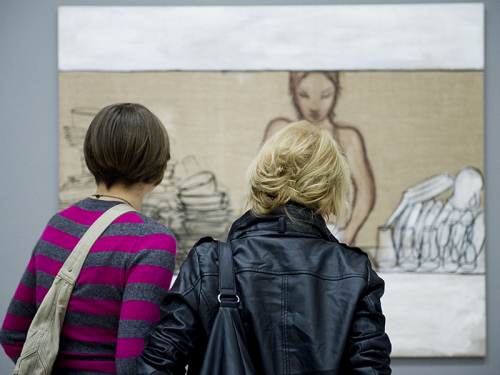
Guided Tour in Hungarian: Rita Ackermann 19. February, 2012, 00:00–00:00
Guided tour in Hungarian in the BAKOS. Rita Ackermann exhibition.
Sundays at 16.00.
Admission with a valid exhibition ticket.
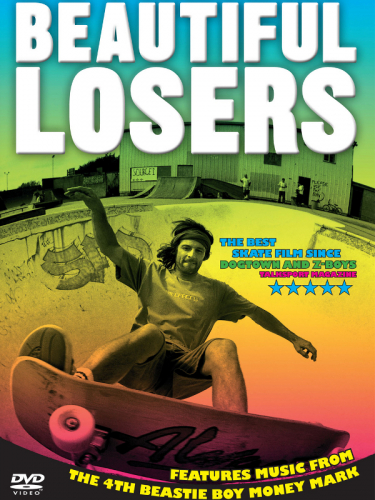
Screening: Beautiful Losers 18. February, 2012, 00:00–00:00
Film screening in connection with the Rita Ackermann exhibition.
Introduction by Kata Oltai, curator.
Beautiful Losers (2008)
Documentary, colour, 90 min., USA
Language: English
Directors: Aaron Rose, Joshua Leonard

Guided Tour in Hungarian: Rita Ackermann 12. February, 2012, 00:00–00:00
Guided tour in Hungarian in the BAKOS. Rita Ackermann exhibition.
Sundays at 16.00.
Admission with a valid exhibition ticket.

Family Matinee: Me in the picture 11. February, 2012, 00:00–00:00
Creative session for children in connection with the BAKOS. Rita Ackermann exhibition.
No booking required.
Admission with a 600 HUF Programme ticket.
Language: Hungarian
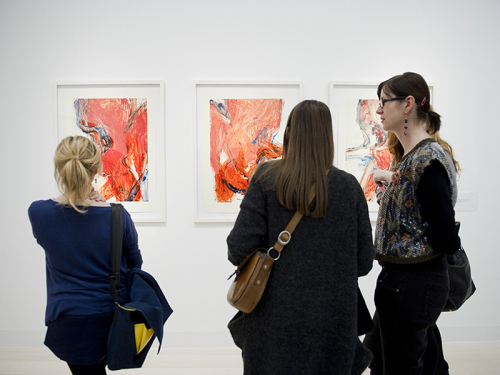
Guided Tour in Hungarian: Rita Ackermann 5. February, 2012, 00:00–00:00
Guided tour in Hungarian in the BAKOS. Rita Ackermann exhibition.
Sundays at 16.00.
Admission with a valid exhibition ticket.

Guided Tour in Hungarian: Rita Ackermann 29. January, 2012, 00:00–00:00
Guided tour in Hungarian in the BAKOS. Rita Ackermann exhibition.
Sundays at 16.00.
Admission with a valid exhibition ticket.
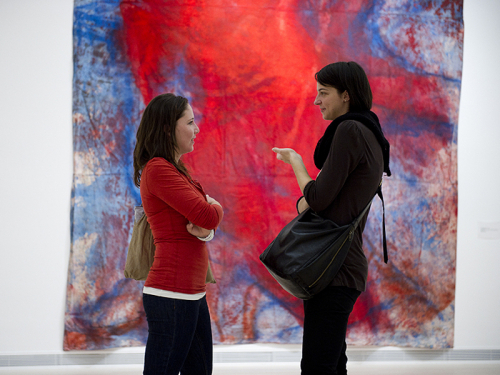
Guided Tour in Hungarian: Rita Ackermann 22. January, 2012, 00:00–00:00
Guided tour in Hungarian in the BAKOS. Rita Ackermann exhibition.
Sundays at 16.00.
Admission with a valid exhibition ticket.
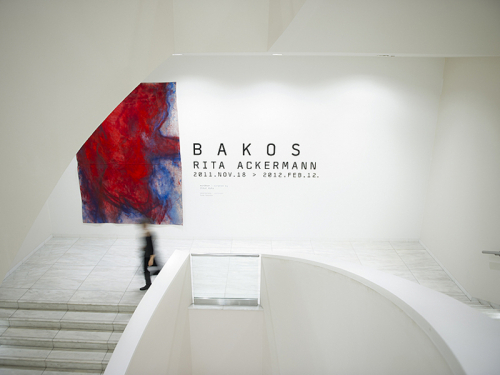
Through the Artist`s Eye: BAKOS. Rita Ackermann 21. January, 2012, 00:00–00:00
Exclusive guided tour in the Rita Ackermann exhibition with the artist Ágnes von Uray and Ágnes Ivacs.
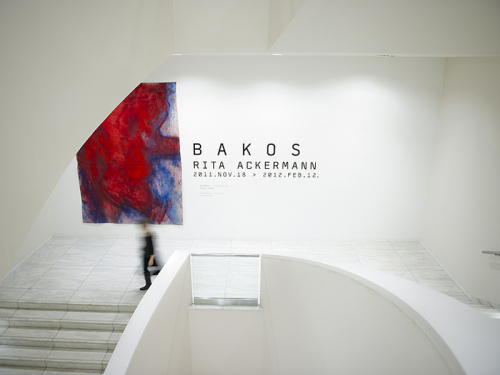
Guided Tour in Hungarian: Rita Ackermann 15. January, 2012, 00:00–00:00
Guided tour in Hungarian in the BAKOS. Rita Ackermann exhibition.
Sundays at 16.00.
Admission with a valid exhibition ticket.
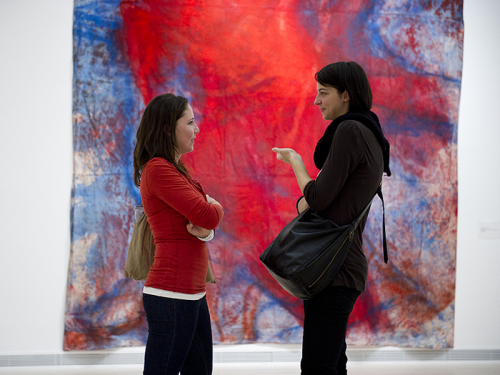
Guided Tour in Hungarian: Rita Ackermann 8. January, 2012, 00:00–00:00
Guided tour in Hungarian in the BAKOS. Rita Ackermann exhibition.
Sundays at 16.00.
Admission with a valid exhibition ticket.

Guided Tour in Hungarian: Rita Ackermann 18. December, 2011, 00:00–00:00
Guided tour in Hungarian in the BAKOS. Rita Ackermann exhibition.
Sundays at 16.00.
Admission with a valid exhibition ticket.

Guided Tour in Hungarian: Rita Ackermann 11. December, 2011, 00:00–00:00
Guided tour in Hungarian in the BAKOS. Rita Ackermann exhibition.
Sundays at 16.00.
Admission with a valid exhibition ticket.
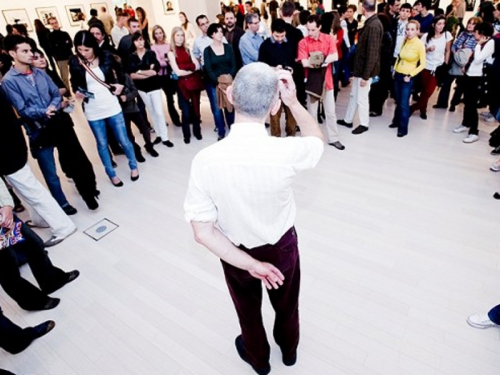
Guided Tour in Hungarian: Rita Ackermann 4. December, 2011, 00:00–00:00
Guided tour in Hungarian in the BAKOS. Rita Ackermann exhibition.
Sundays at 16.00.
Admission with a valid exhibition ticket.

Guided Tour in Hungarian: Rita Ackermann 27. November, 2011, 00:00–00:00
Guided tour in Hungarian in the BAKOS. Rita Ackermann exhibition.
Sundays at 16.00.
Admission with a valid exhibition ticket.
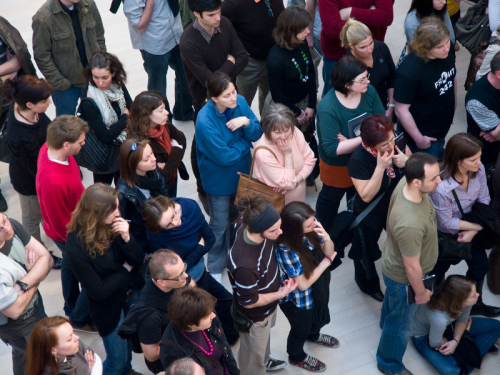
Guided Tour in Hungarian: Rita Ackermann 20. November, 2011, 00:00–00:00
Guided tour in Hungarian in the BAKOS. Rita Ackermann exhibition.
Sundays at 16.00.
Admission with a valid exhibition ticket.

Exhibition opening: BAKOS. Rita Ackermann 17. November, 2011, 00:00–00:00
Opening of the exhibition
BAKOS. Rita Ackermann
on Thursday, 17 November 2011 at 19.00
Greeting by: Barnabás Bencsik, director
Opening speech by: Felix Ensslin, writer, curator, artist, philosopher; Professor for Aesthetics at the State Academy of Fine Arts, Stuttgart
